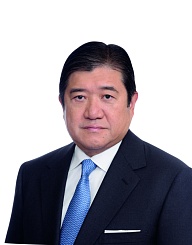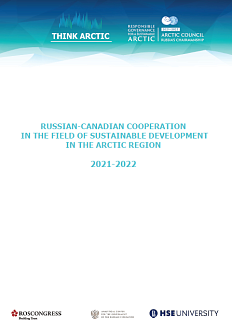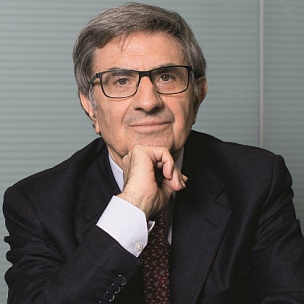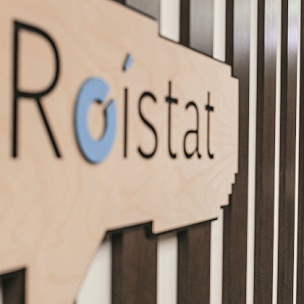Mitsui has a long and storied history with Russia. I am grateful to have this opportunity to express my thanks for everything Russia has done as a host country to support Mitsui & Co.’s endeavours. I would like to discuss our history with Russia in a bit more detail, and explain why I think Mitsui’s relationship with Russia has such high potential.
Last year marked the 50th anniversary of Mitsui & Co.’s Moscow office, which was opened in 1967. Many high-ranking government officials and managers from Mitsui clients across all industries attended the commemorative ceremony. But actually our history with Russia stretches back even farther. Although technically Mitsui & Co. was a different corporate entity at the time, the original company first established a
representative office in Vladivostok in November of 1907, and another office in Petrograd in February of 1915. (they were closed in June 1914 and November 1917, respectively).
Mitsui & Co. has been working to create new business opportunities across Russia for more than a century, and in addition to our Moscow LLC (which we incorporated locally in 2004), the Mitsui & Co. of today currently has 16 affiliated companies operating within the country. We’ve created a cumulative total of 9,000 jobs in Russia.
Underpinning all this history is the real driving force of Mitsui & Co.’s business with Russia: an abundance of high quality human resources. Although many Japanese businesses send trainees to Russia, our company has dispatched 3–6 people to Russia every year since 1979, where they study at universities in St. Petersburg, Moscow and Siberia.
In addition to studying the Russian language, our trainees study Russian culture and history, receive valuable on-the-job training, and experience the courage it takes to live alone in a foreign environment. There are currently 220 people at Mitsui who speak Russian, more than any other Japanese firm.
We are also working more generally to increase the number of young Russians who know and understand Japan. Mitsui & Co. operates a short-term exchange programme, so that Russian students studying Japan get a chance to see and experience the country first hand.
Our Russian staff also play an active role in the operations of our Moscow LLC and affiliated companies. I have had the pleasure of participating in several different businesses in Russia since my younger days, including many large projects. The Sakhalin-II integrated oil & gas project, the Blue Stream natural gas pipeline beneath the Black Sea, modernizing Russia’s Yaroslavl’s oil refinery to Euro 4 standards to support the motorization of the capital city... all of these huge endeavours that Mitsui & Co. participated in were completed successfully. And none of them would have been possible without the trust and integrity of our local partners and the government officials involved.
Last year, we invested in R-Pharm, and this year we are eager to continue with one or two further investments.
I am convinced that Russia still has immense untapped potential, and that there are still many ways in which Japanese business can contribute. I am certainly not satisfied with what we’ve achieved so far. There are between 200 — 300 Japanese businesses currently operating in Russia. In China, there are nearly 32,000 Japanese businesses. While private companies will expand anywhere with opportunities to make a profit, one of the reasons reasons why there are so many Japanese companies active in China is that it’s an easy place to target for small and mid-size Japanese companies with high technological strength. Moreover, there are many people in China familiar with Japanese business.
I think the presence of Japanese natives or people with a deep understanding of Japanese language and culture has a big influence on the smooth transfer of Japanese technology overseas. Of course, there are very few people in Japan who have experience doing business with Russia, and our main challenge is increasing this number.
To increase bilateral economic cooperation, future generations must have an even greater understanding of foreign countries and cultures. This is what I want to emphasize to my Russian friends and Japanese colleagues.
Recently, Russian and Japanese leaders have cooperated closely to resolve diplomatic issues and international problems bilaterally, and I hope we can increase economic cooperation as well with our new Cooperation plan for Japanese and Russian businesses, focusing on eight core issues.
In addition to the opportunities provided by FIAC and SPIEF, I want to continue Mitsui & Co.’s progress in Russia, entering into new business agreements and contributing to the growth of both countries. I can assure you of our continued goodwill as good neighbors, and I look forward to helping bring our countries even closer together.
Source: SPIEF-2018 Official Magazine






